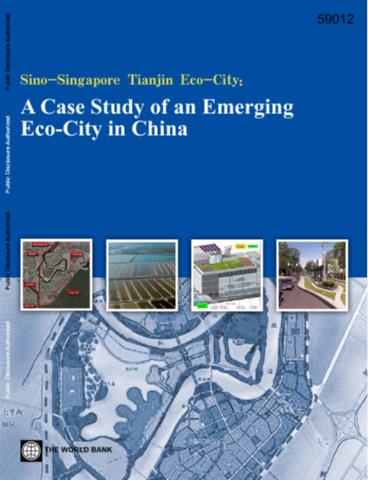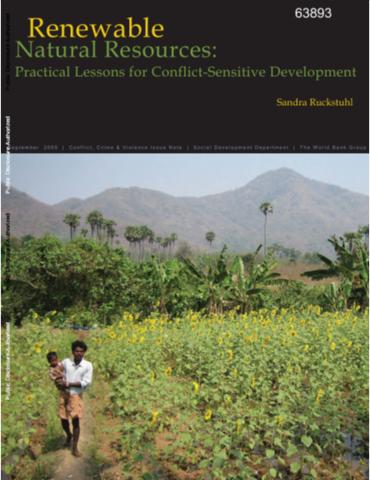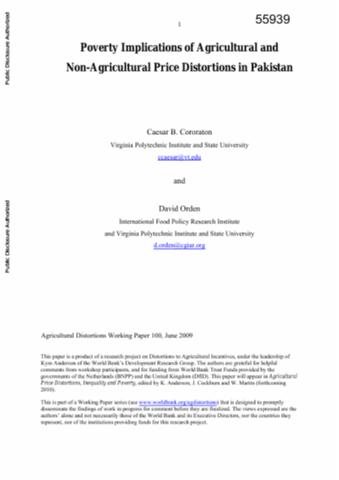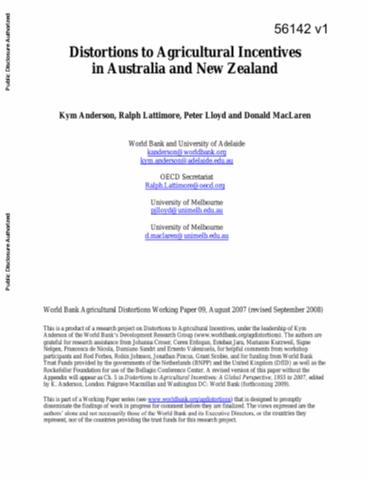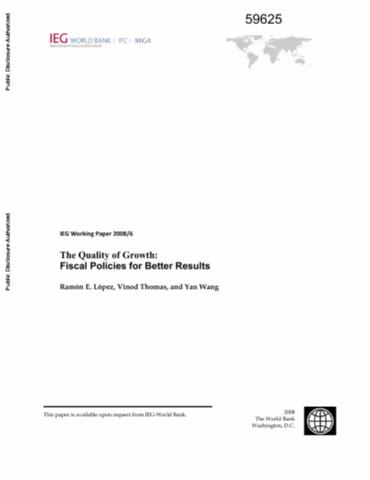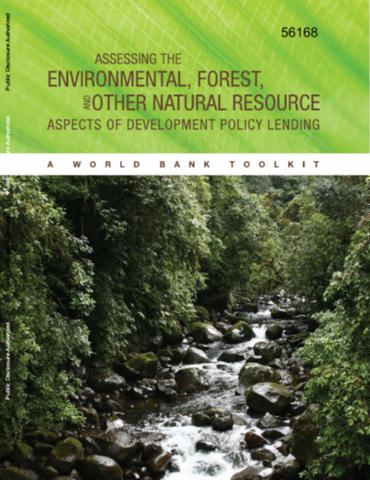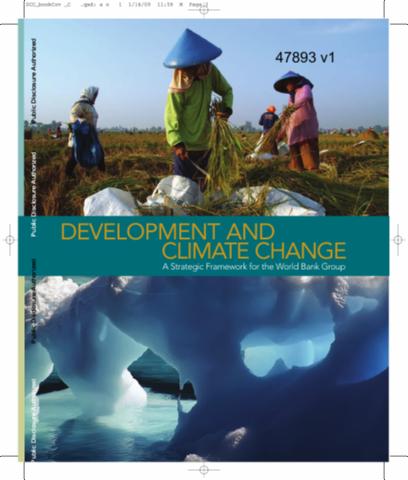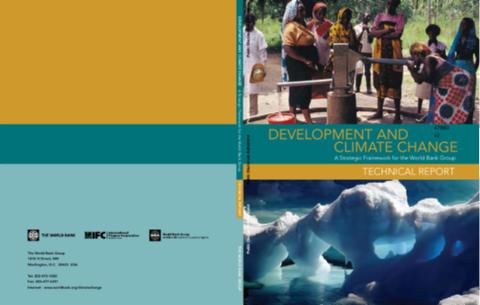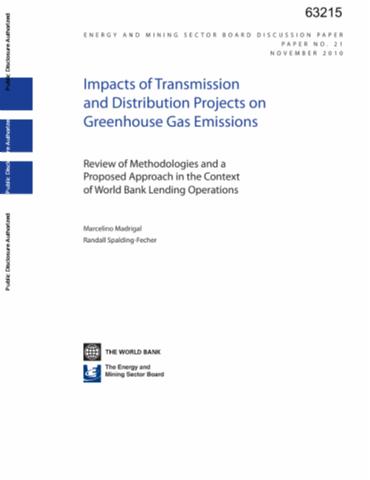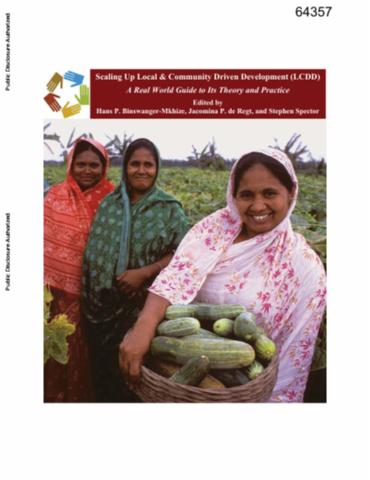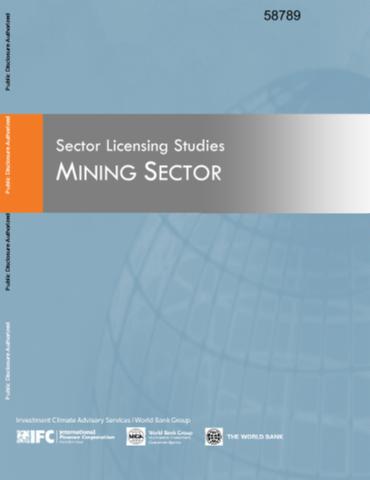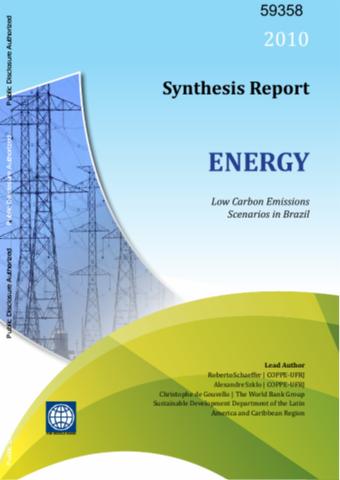Sino-Singapore Tianjin Eco-City
China is experiencing rapid and large scale urbanization, and the resulting local and global urban environmental challenges are unprecedented. The Chinese Government has fully recognized these challenges and is aiming to promote more sustainable urbanization in line with the objectives of the eleventh five year plan, which calls for 'building a resource-conserving and environmentally friendly society'. Various initiatives are being pursued to support this objective, both at the national and local levels.

